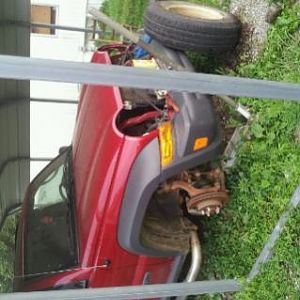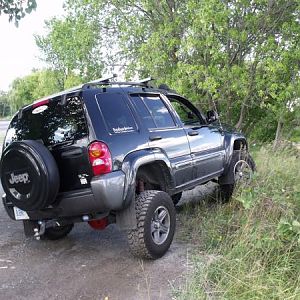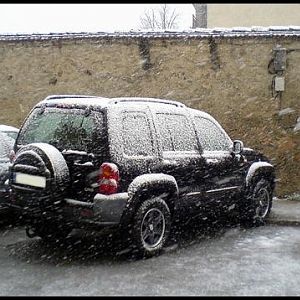agentTHETA
New Member
Hello Everyone:
Way back when I bought my 2002 KJ Renegade brand new, I heard that the Daimler Chrysler vehicles of that era could not take any *BRAND* of gas. Certain brands (e.g., Shell, CostCo, etc) had additives in the gasoline that would mess up the fuel tank sensor permanently. After using those brands of gas, you would get an inaccurate reading on your fuel gauge (e.g., you have a completely full tank of gas, but the fuel gauge only shows that you are 80% full). Apparently, if you would go back to one of the approved brands (e.g., Exxon/Mobil, Chevron, etc) the reading would still be inaccurate.
Is this true? Does anyone have a 2002 KJ 3.7L and use brands like Shell, CostCo, etc and have any issues? I was hoping to expand my gas buying universe.
As an aside, if a gasoline has the "Top Tier" certification, are they essentially all the same regardless of brand?
Thanks,
aT
Way back when I bought my 2002 KJ Renegade brand new, I heard that the Daimler Chrysler vehicles of that era could not take any *BRAND* of gas. Certain brands (e.g., Shell, CostCo, etc) had additives in the gasoline that would mess up the fuel tank sensor permanently. After using those brands of gas, you would get an inaccurate reading on your fuel gauge (e.g., you have a completely full tank of gas, but the fuel gauge only shows that you are 80% full). Apparently, if you would go back to one of the approved brands (e.g., Exxon/Mobil, Chevron, etc) the reading would still be inaccurate.
Is this true? Does anyone have a 2002 KJ 3.7L and use brands like Shell, CostCo, etc and have any issues? I was hoping to expand my gas buying universe.
As an aside, if a gasoline has the "Top Tier" certification, are they essentially all the same regardless of brand?
Thanks,
aT










